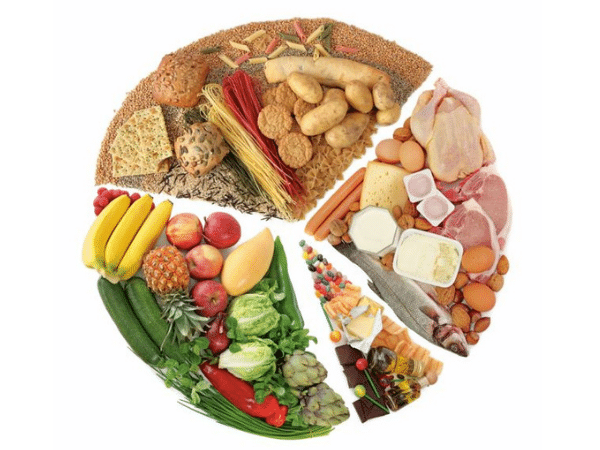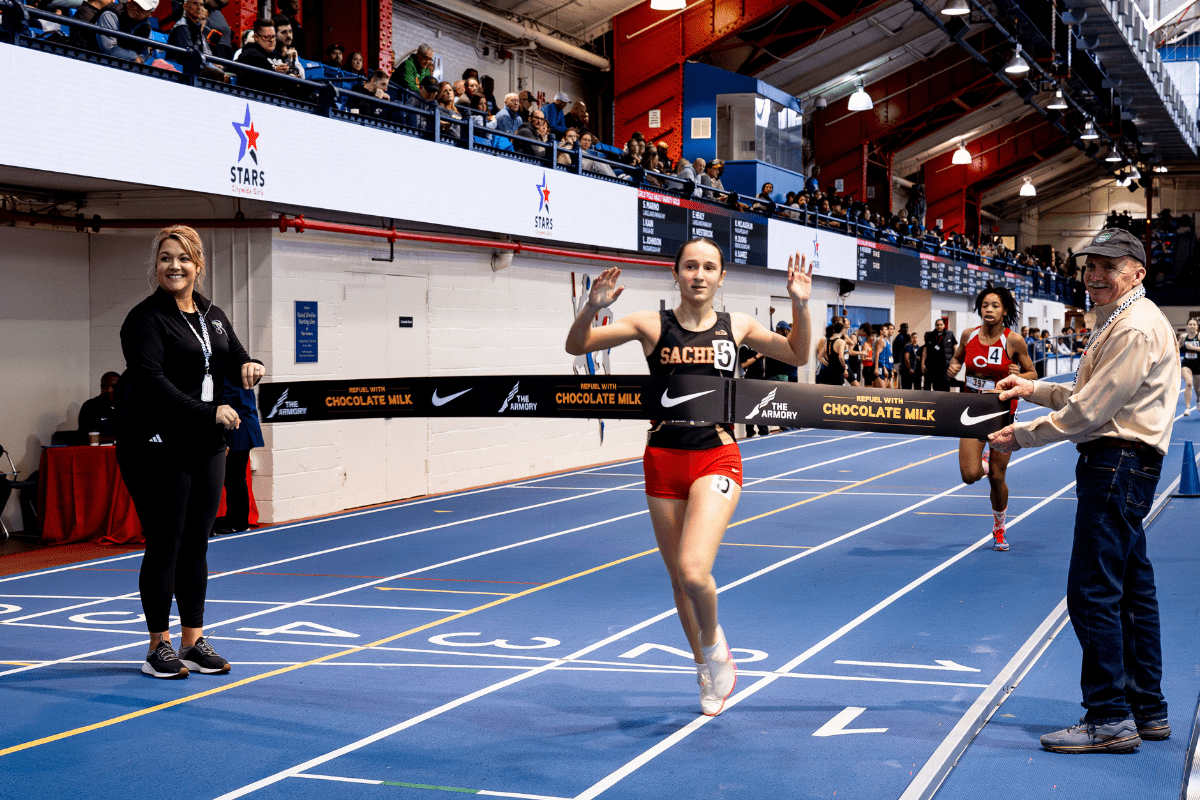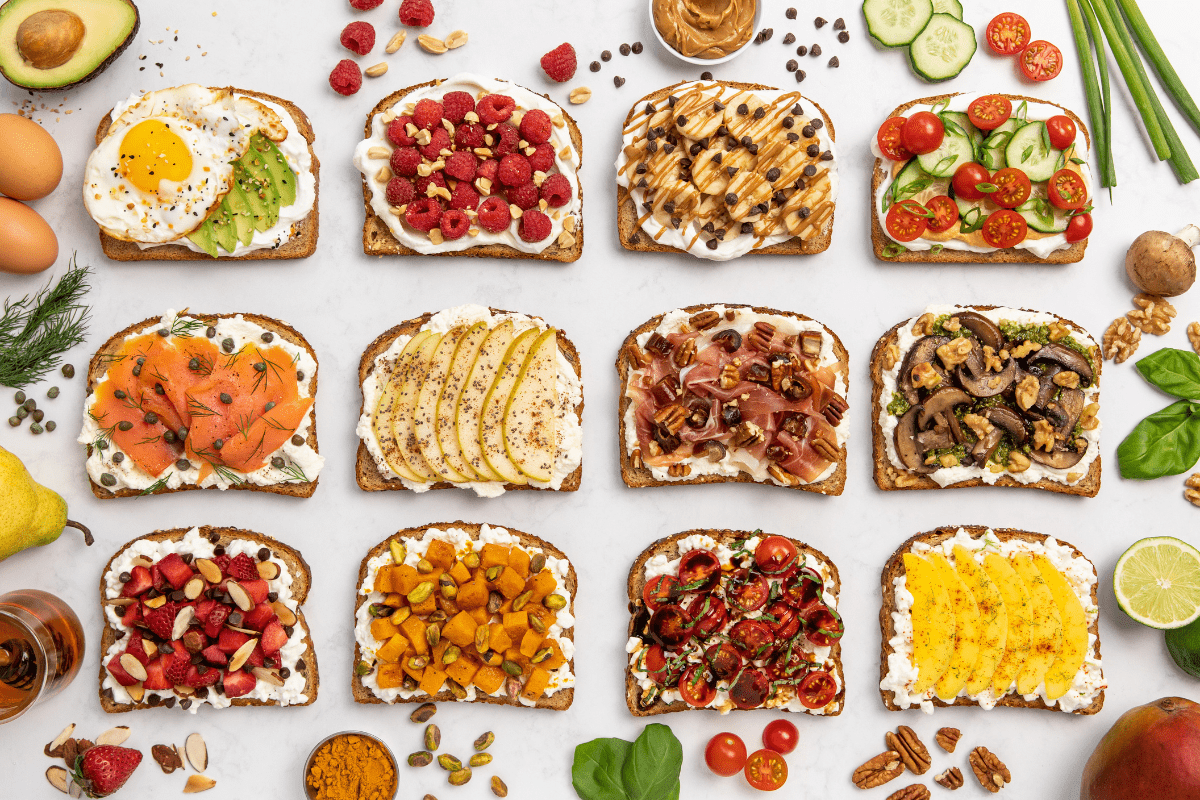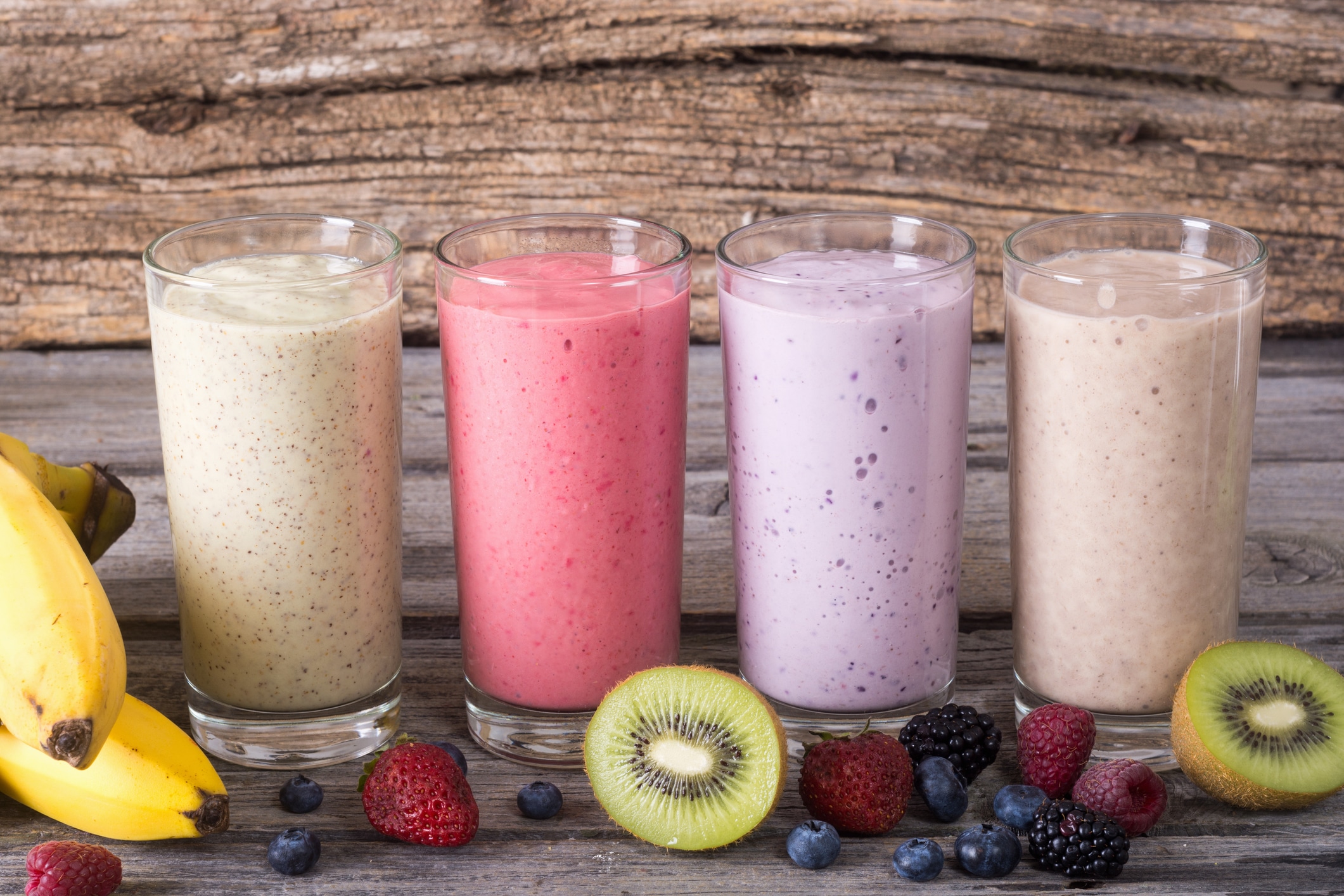Most athletes recognize that championship games are big games. When it comes to professional football, it’s often called the “Big Game.” For student athletes, it might be a local, state or regional championship. While preparing for the big game is essential, athletes should prepare for every game as if it were a championship. It’s the training, preparation, and performance during the regular season that gets your team to the final game.
Regardless of their playing level, there are a few key areas every athlete should focus on when it comes to preparing for a game. These areas include balancing your plate at meals, consistent strategy and routine, adequate sleep, pre- and post-nutrition, and focusing on fluids.
Balance Your Plate at Meals
Eating a well-balanced diet is important for sports performance. A performance plate should always include carbohydrates, protein, and vegetables. The amount you eat, however, will vary based on your age, body composition, goals, and the amount and intensity of your activity. Harder, longer training or games require a greater amount of carbohydrates for energy. Create a performance plate by using the following guidelines:
- Fill half the plate with complex carbohydrates like pasta, rice, quinoa, and potatoes.
- Fill a quarter of the plate with lean protein like meat, poultry, fish, beans, milk, yogurt, and eggs.
- Fill the last quarter of the plate with vegetables such as broccoli, carrots, and spinach.
- Include some dietary fats with the meals such as, cheese, oils, nuts, seeds, and avocados.
- Avoid large amounts of fiber and high-fat foods like those that are fried or covered in a cream sauce.
Click here for some balanced lunch ideas for student athletes.

Stay Consistent
Are you familiar with the phrase “consistency is key?” It’s true of an athlete’s performance on game day. When you implement and follow the same performance-maximizing strategies each day, you form a healthy routine that sets you up for success. Being consistent in your strategies and routine also helps you feel confident and mentally prepared to perform.
Get Adequate Sleep
You may not realize it, but a great night’s sleep can seriously benefit sports performance. While it’s important to get adequate sleep the night before a game, it is equally important to have a solid sleep routine every night. A good night’s rest allows you to wake up feeling refreshed and ready to play your best. Sleep gives your body time to recover from the work you put in during the day. It’s important to form a nightly routine to help you wind down before bed.
Below are some tips to help optimize your sleep schedule.
- Aim to get 8 to 10 hours of sleep a night.
- Limit naps to only 15 to 30 minutes.
- Stay away from large, heavy meals before bed.
- Avoid drinking caffeine after mid-afternoon.
- Use blackout curtains or a sleep mask to reduce light.
- During evening hours, turn electronics to “night shift mode” to reduce the blue light that can affect sleep quality.
- Shut down electronics 60 minutes before going to bed.
- Sleep in a quiet, cool room with the temperature set between 62 and 68 degrees.
Pre- and Post-Game Nutrition
Another important strategy to support performance is to begin every training session, sports practice, and game well fueled, then refuel when you are finished. On game day, aim to have your pre-game meal 3 to 4 hours before kickoff. In addition to this balanced meal, plan to have 20 ounces of fluid and a carbohydrate-rich snack about 60 minutes before the start of the game. That pre-game snack will help maximize your energy stores. Some examples are a granola bar, fruit snacks, pretzels and a banana.
After activity, or when the game ends, make sure to refuel with a snack or meal. Your post-game nutrition should consist of carbohydrates, protein, and fluids to help rehydrate, replete energy stores, and repair muscle tissues.
Some examples of quick post-game snacks are chocolate milk, a smoothie made with Greek yogurt and fruit, and a turkey and cheese sandwich. Then, within 1 to 2 hours, you should eat a full, balanced meal.
Get more tips on fueling for competition day here.
Focus on Fluids
Adequate hydration is important not just for athletes—it’s important for everyone. Your fluid intake plays a big role in how you feel and perform during practice and competitions. Without enough liquid, you can become dehydrated, which is known to negatively impact sports performance. Below are some tips to help you maintain a healthy hydration status.
- Start drinking as soon as you wake up and continue to drink all day long.
- Aim to consume ½ your body weight in ounces of fluid plus an additional 32 ounces of fluids per hour of activity every day.
- Carry a reusable water bottle with you throughout the day so you always have water available.
- Include hydrating foods in your eating plan, such as soups, fruits, and vegetables.
- Drink additional fluids before, during, and after activity. This handout gives more detailed information on staying hydrated on game day.
- After a workout, chocolate milk is an ideal recovery beverage because it contains high-quality protein and a quick dose of carbohydrates in the right balance
By following these five strategies, you will not only be prepared for the big game, you’ll be prepared for every game!





